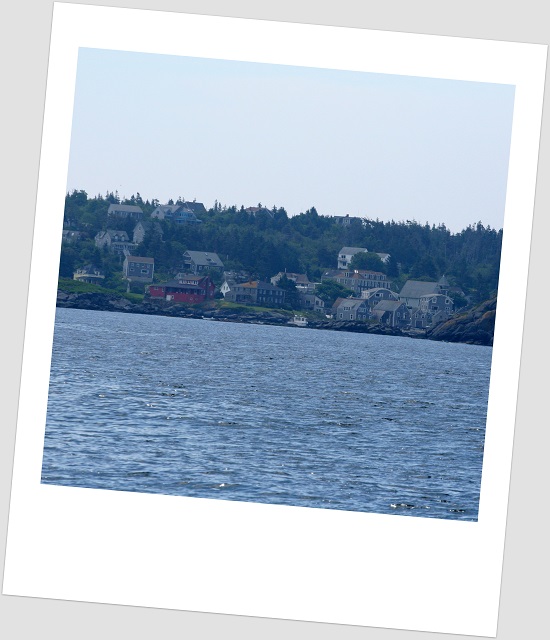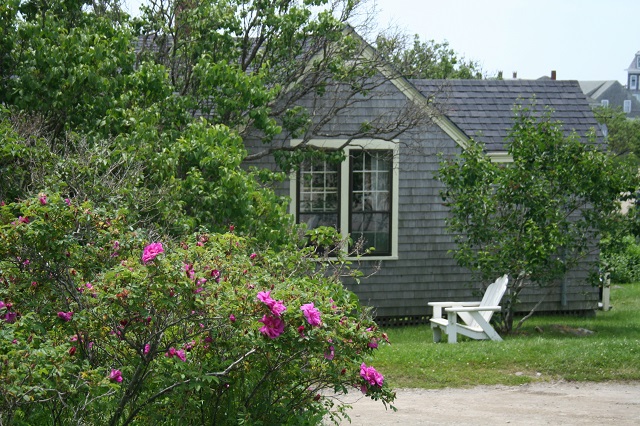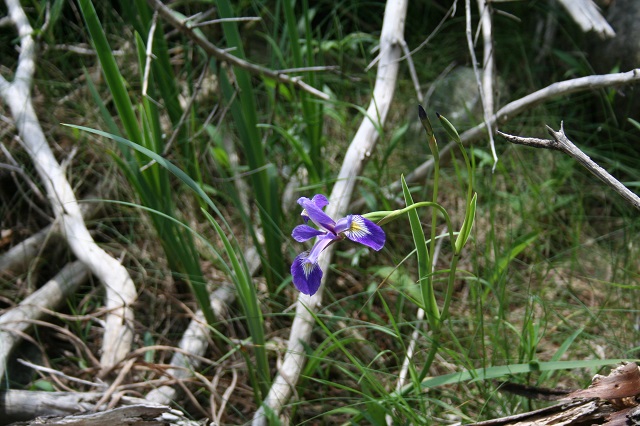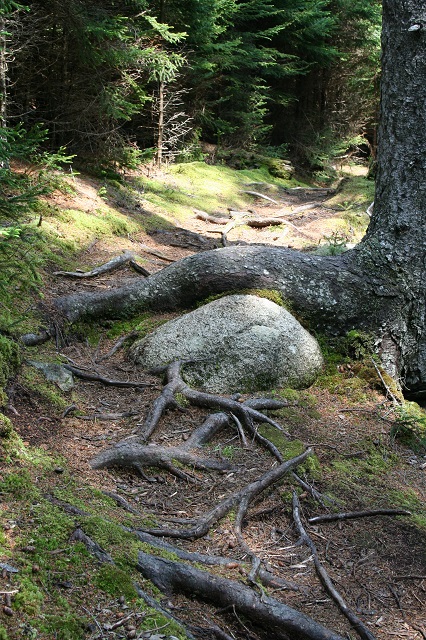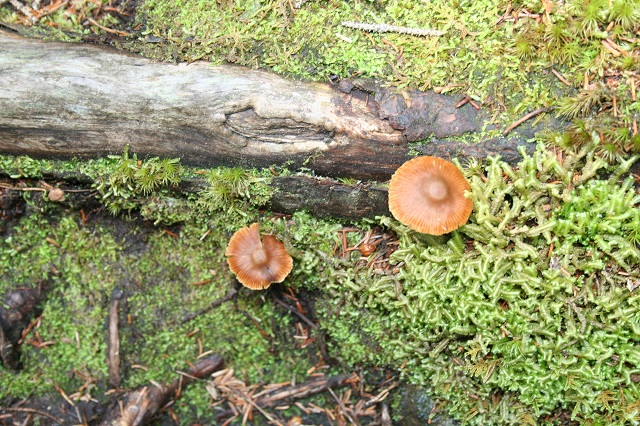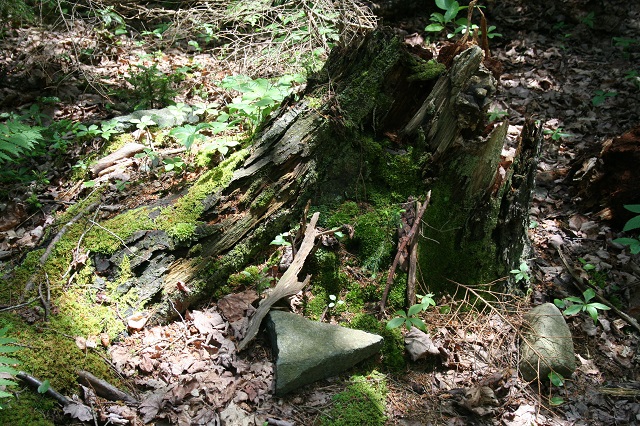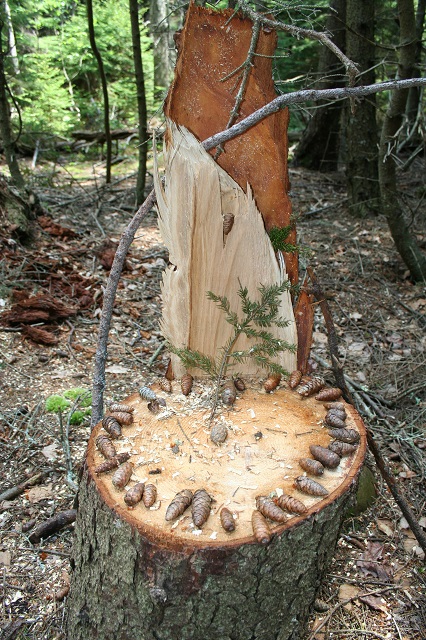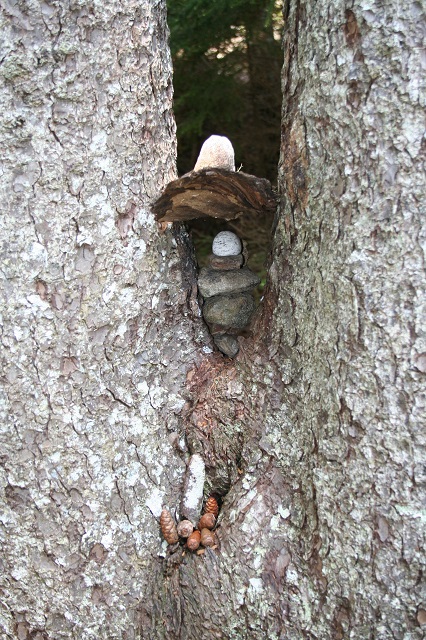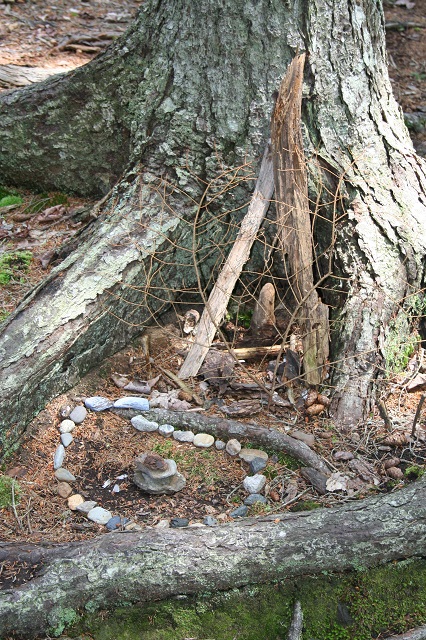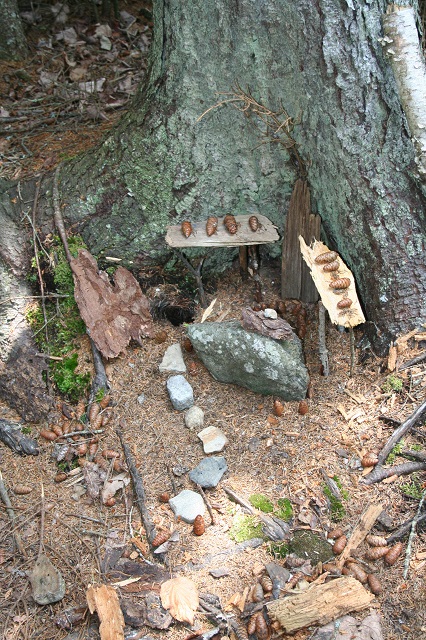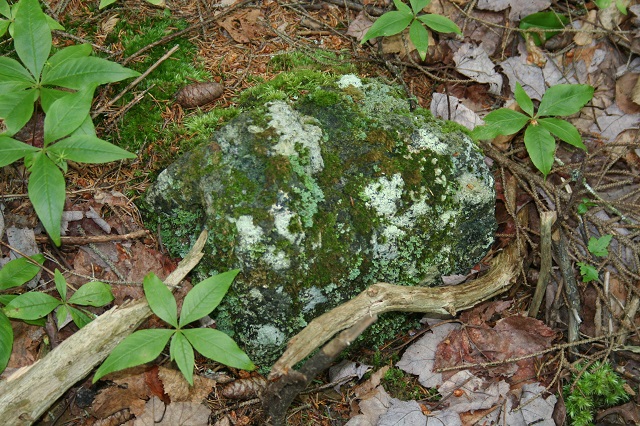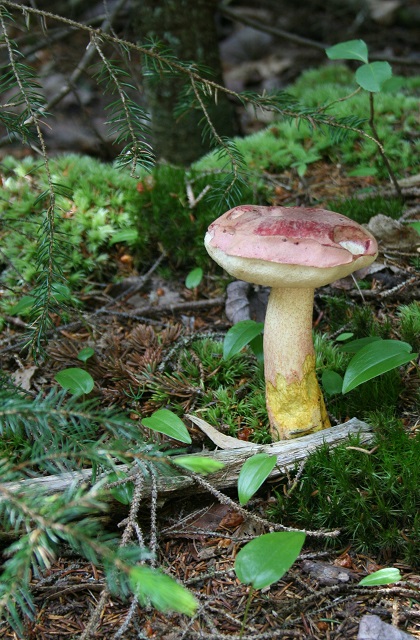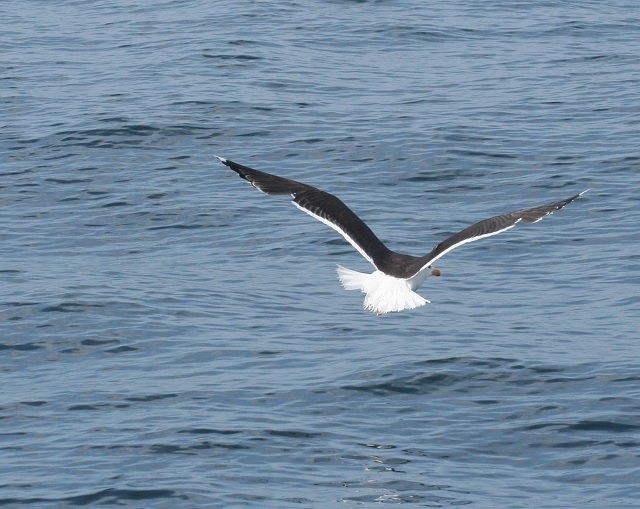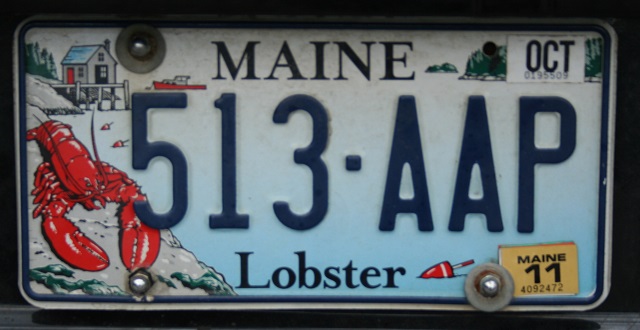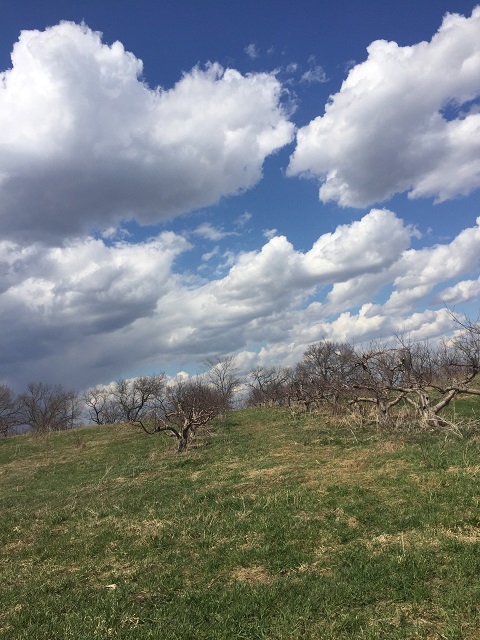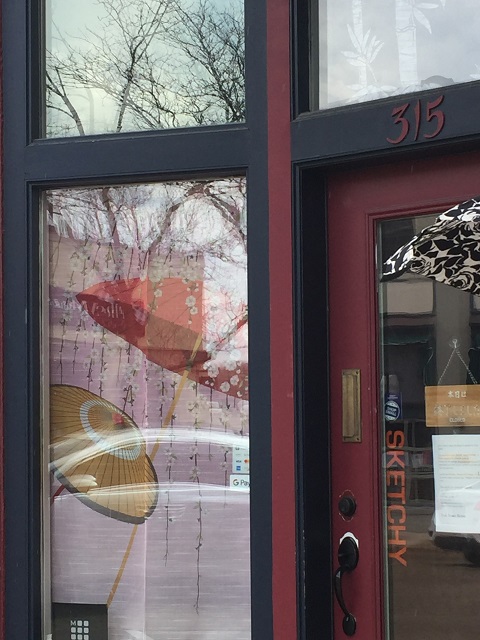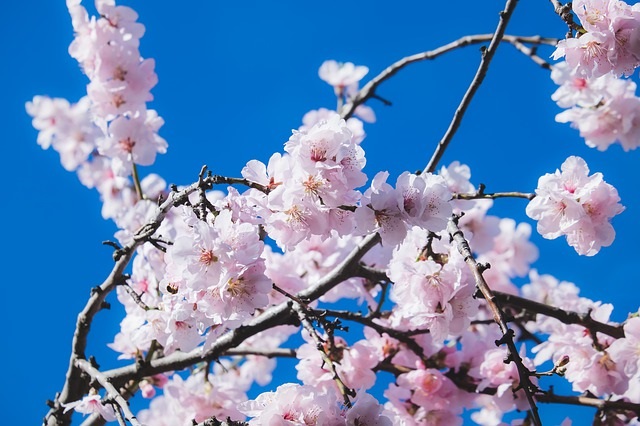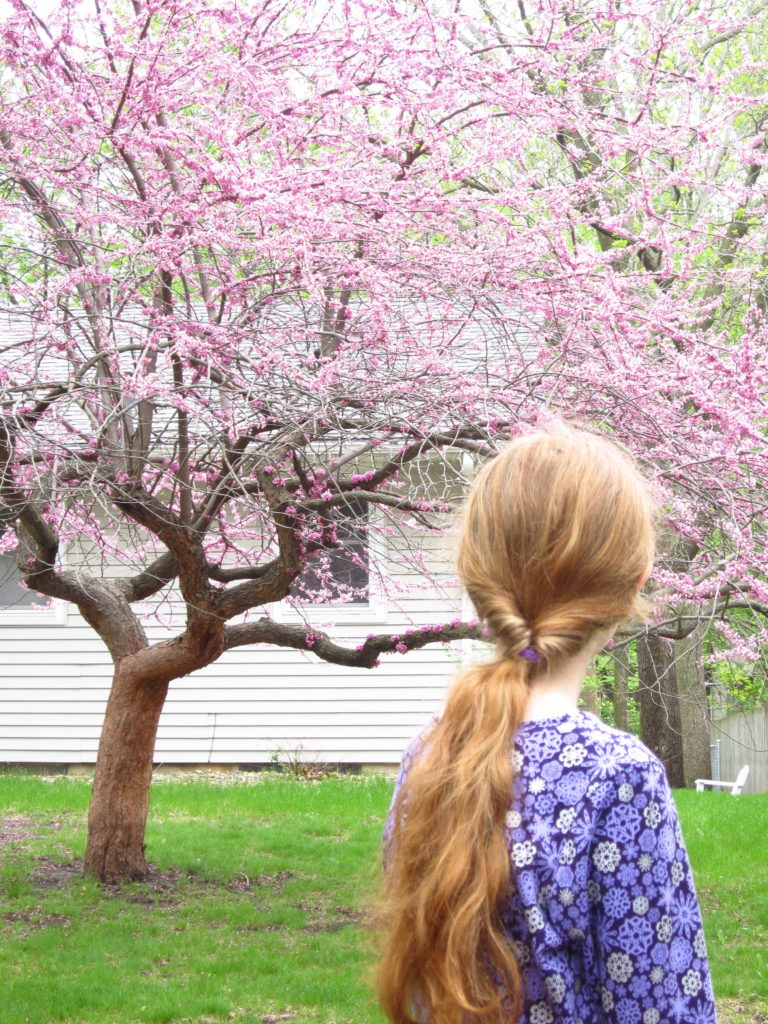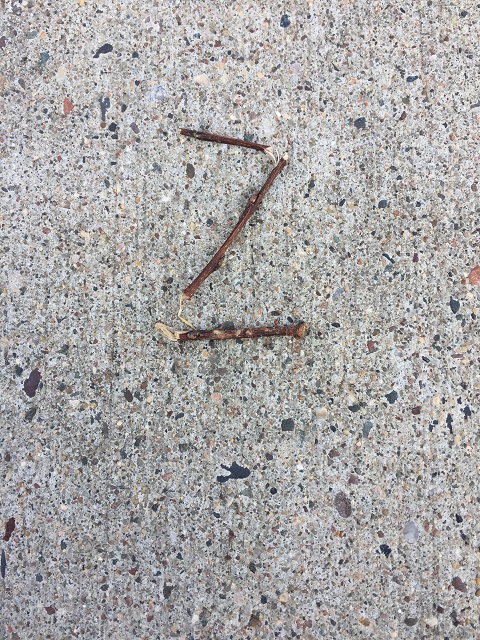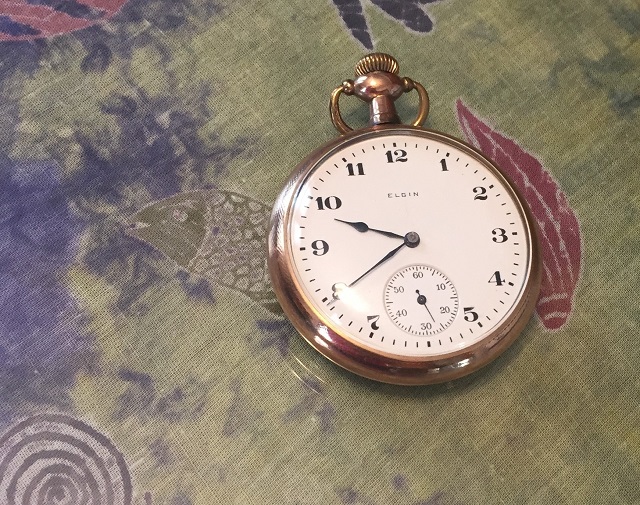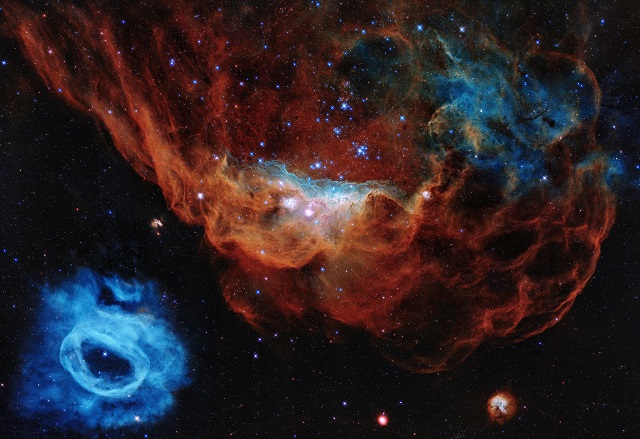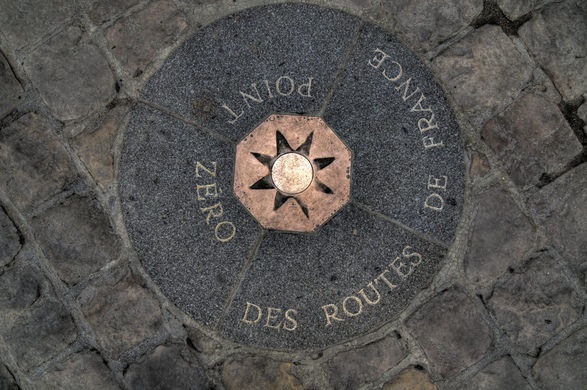
Point Zero
All new things start in the circle of Point Zero.
The trickiest forms commence with the blank page.
My sense of beginning goes wherever I go.
What I’ve already done is past. (You’d think I would know
this bald and cardinal truth at my ripe age.)
Each new thing must spring from the heart of Point Zero.
Each untried idea holds a certain glow.
Even when closure governs my maker’s rage,
my zest for beginning opens wherever I go.
Possibilities glimmer. Sometimes vertigo
swims up and I am dizzy, as if on stage—
I recall that pratfalls lurk in Point Zero—
and I freeze, caught in emotional undertow.
Then I breathe and allow the fear to disengage.
My need for beginning goes wherever I go.
“My” ideas aren’t mine alone. They exist and they flow.
They wash me out of every preconceived cage.
Each insight leaps from the pinpoint of Point Zero,
recreating me, too, everywhere I go.
Leslie Schultz
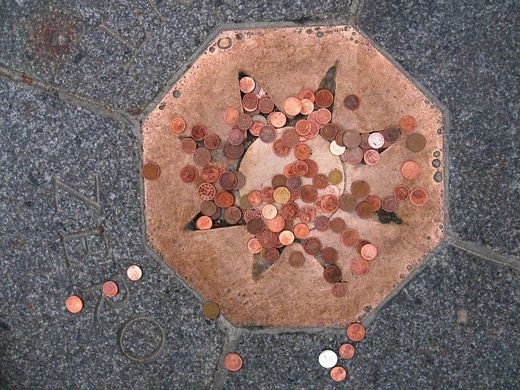
On our 2009 visit to Paris and the Loire Valley, Julia, our friend, Ellen, and I made a point of standing in front of Notre Dame on Point Zero, the place from which all distances are measured in France. Not a single day goes by when I don’t think of that, and of the idea of starting out afresh, of exploring variations on the themes of what I already know. The villanelle, that venerable French form, built up of echoes and repetitions, seemed the best way to celebrate this perennial insight.
Thank you, all, for coming along with me on this journey through the month of April in 2020. I truly don’t know how I would have retained my equilibrium in this most unsettling time without poetry–and your companionship.
Good health to you all, and bonne chance! LESLIE

